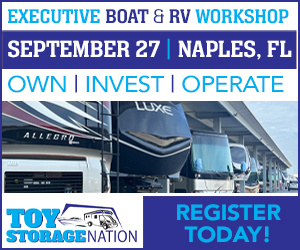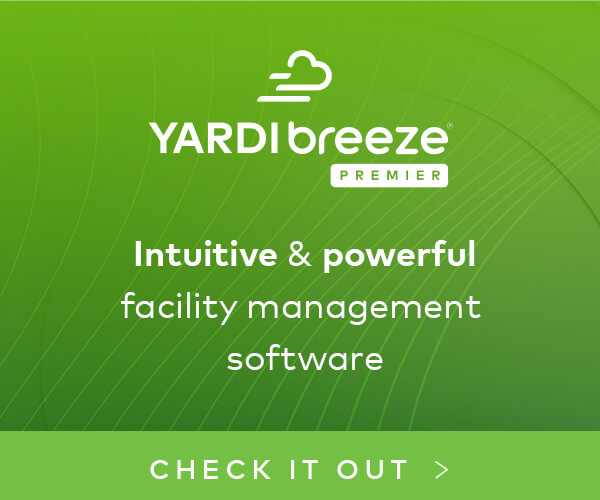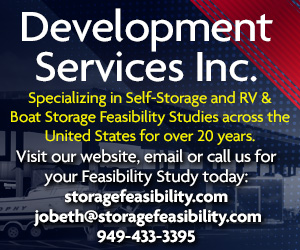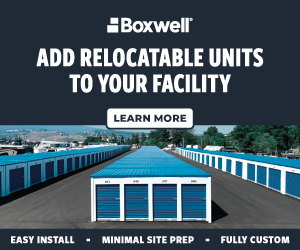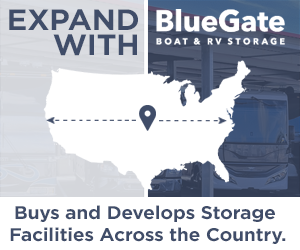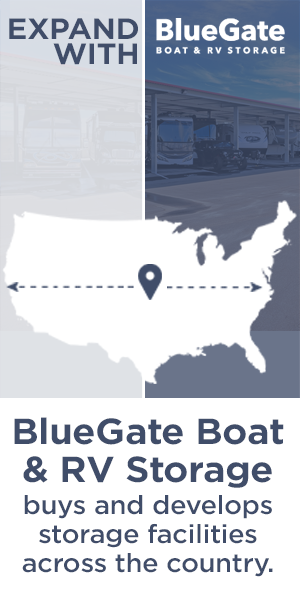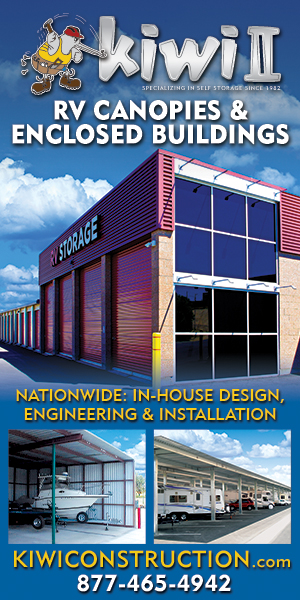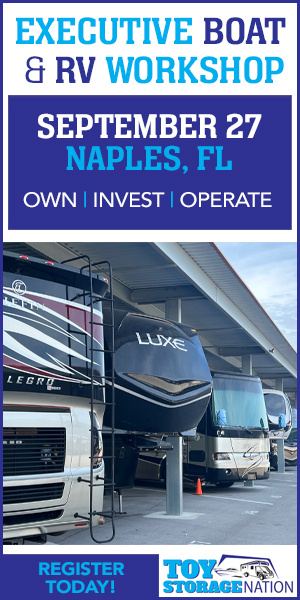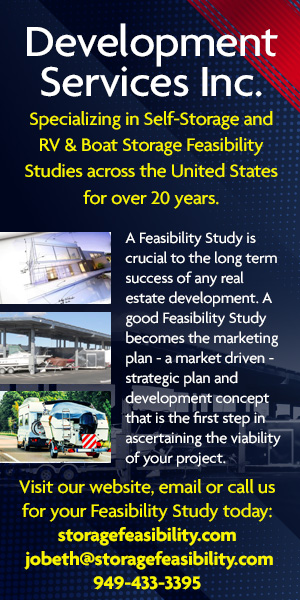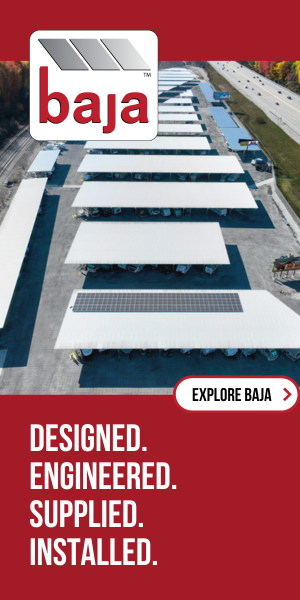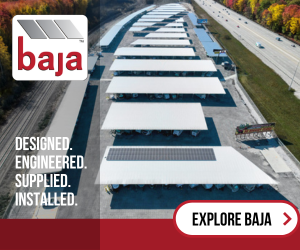By Emmalee Rice
When we imagine an RV owner, often we picture a retired couple who has spent their life savings so that they can use these years to travel and do things they may not have had time or money for when they were younger. We picture graying hair, long socks, big cameras and even bigger smiles as these people experience things that they have only dreamed about until this moment. However, there are many other types of people that have adopted the RV lifestyle, including families with children. These families can either opt to live in their RVs full time or use them seasonally for vacations.
The families who choose to live full time in their RVs usually find that it is best to sell their house, ride out their lease or otherwise untie themselves from their permanent dwelling While it is a daunting task to downsize in such a way, for many families it is better than the stationary, routine lives that many of us enjoy. Not only does it allow for almost unlimited travel, but it also provides a unique environment for raising and educating children, limits bills and can reinvigorate even the most tired parent. Great writing!
The public school system is a great learning environment for many children, but it does not provide any experiences that are out of the ordinary. Children who grow up in RVs receive a very different education. While they still are required to complete general course work in common subjects such as Math, English, Social Studies and History, they are also able to see many of the wonders that are scattered across the country. This allows them to get a more hands-on learning experience and exposes them to many different cultures. They are able to see natural wonders, experience the museums that are local to the area they are visiting and encounter opportunities to learn that they would not have otherwise.
While homeschooling children in an RV provides them with many wonderful opportunities and experiences, it can be very hard for a parent to know what they need to teach their children. It is easy to forget what a child needs to learn because many of the things are considered basic life skills, such as writing and math. It is up to the parent to research and provide appropriate curriculum for each of their children. They must encourage a good work ethic and find the best way for their child(ren) to learn. These things can be difficult in an RV with limited space, ever-changing surroundings and a less-strict environment. But the rewards of watching a child use the things they have been taught as they interact with the new experiences and opportunities can be very gratifying.
RVing and homeschooling children can also help to limit the bills that must be paid. While living in an RV the only bill that must be paid is the insurance for the RV (providing it has been fully paid for) and any other vehicles you may own. There is no need for a mortgage, homeowners associations do not exist for RVs, and there are no utilities directly attached to the RVs. Many campgrounds will allow for the use of electricity and water with the payment of the campground fees, and gas is often acquired in the form of propane, which is easily obtained. Everything else is optional. If you need wifi for work, you can find a local spot such as a library or another quiet environment for the children to study. Groceries vary in price as you travel so you can budget to make it to the next cheaper town. And the kids will be involved in far cheaper and less time-consuming hobbies.
It does seem like a lot of work to homeschool children, monitor where you are going, making time for adventures and so many more responsibilities that a full-time RV parent takes on. But RVing full time also forces you to take a break and admire where you are. One day you may wake up in the forest surrounded by the sounds of birds. The next you could be waking up to the sounds of the ocean. It can feel unreal as you help your children get through their schoolwork so that the adventuring and exploring can begin. The constant change and new environment remind a full-time RVer that nothing is permanent, and life needs to be appreciated.
There are many challenges that come with living in an RV full time, especially with children. But it provides so many wonderful opportunities for both children and parents that for many families it is a hard thing to pass up. While it is not right for everyone, there are many who greatly benefit from the experience and lifestyle. They are able to take on the challenge of donating or selling a majority of their belongings and hitting the road. Heading into the unknown the family is more likely to become closer as they spend more time together, learn from each other and slow down to admire everything around them.
Those families who chose to only use their RVs for vacations embrace their own benefits and have their own struggles. While it does provide many opportunities for learning and new experiences, it can also be quite expensive to have a permanent home and an RV. Families are able to take their RVs to dream locations for a day, a week or a month and return home when they are ready. They must pay prices for gas, maintenance and proper storage of the RV even while it is not in use.
There are many options that a family with an RV may choose from that can help to mitigate the costs of owning an RV while not in use. It can be used as a small guest house for those who do not have much spare room in their permanent residence or a temporary rental to help to offset some of the costs. They may choose to share it with another family who pay for the costs during the time that they use it, and costs are split while the RV is not in use. Another way to mitigate long-term costs is to purchase an outdoor covering for the RV or to purchase a space in a storage facility. The outdoor covering is often cheaper, and it will protect the RV from many types of debris and most types of precipitation, but the RV may still be impacted by extreme temperatures and weather conditions. RV storage facilities are usually indoors in some way and climate controlled. This is also a much easier way to keep the RV pest free. There are many benefits for a family to own an RV. Those who choose to live in their RV full time provide their children with a unique lifestyle and experiences. Parents can be more involved in the lives of their children from an academic and social perspective. They have smaller bills and opportunities to do things they enjoy whenever they like. While this is a great option for many people it is not right for all families who chose to own an RV. Those who choose to only use their RV for short vacation experience many of these wonderful benefits but must depend on a good RV storage facility to keep their home-away-from-home in safekeeping.
Emmalee Rice is a university student with a passion for doing research that can help others.
Learn All About RV and Boat Storage
The next Toy Storage Nation Executive RV and Boat Storage Workshop is in Fort Myers, Fla., Dec. 1, 2023. This exclusive, one-day workshop provides the A-to-Z compendium of RV and boat storage knowledge you need to accelerate your success in this rapidly growing, prosperous industry. Register today.












